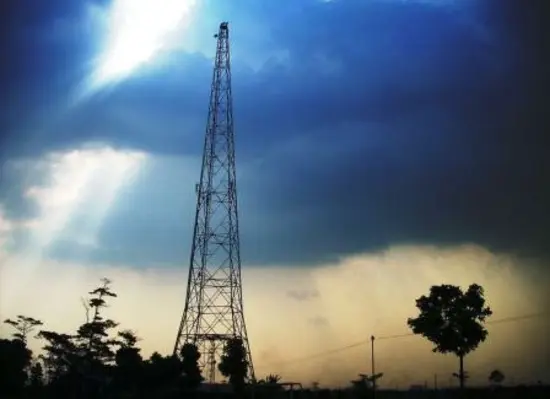The mobile market is expanding exponentially in Africa, allowing countries to leap frog technology and deliver communication to regions where fixed-line is flailing, largely due to a lack of infrastructure and the high cost of developing a fixed-line infrastructure
This expansion of GSM operators in Africa is affecting the market and making it overcrowded. Network service providers are facing increases in bandwidth demand that could see their networks struggle to evolve in controlled cost environments.
The consequence of a combination of over-subscription and lack of infrastructure is a poverty of network availability and quality. These have become, and are becoming, key challenges for mobile operators around the continent. The problem is further compounded by budgetary constraints. The need to contain costs and reduce capital expenditures means that GSM operators need to find a cost-effective and flexible means of expanding and improving its network coverage.
WebbLeBLANC, a Jasco Group company, undertakes the supply and installation of towers, masts and towers to the communications industries and is can custom design solutions to meet individual customer requirements. The company says that its range of telecoms infrastructure solutions can be deployed rapidly and easily, delivering fast returns. WebbLeBLANC also supplies rapid deployment units (RDUs), which are manufactured at the company's Nigel facilities, to support scalability, cost-effective operation and improvements in coverage and quality.
Jasco Divisional Managing Director for carrier infrastructure, Francois van Zyl, has overseen WebbLeBlanc's provision of RDUs to help MCELL, Cell C and Vodafone Ghana gain a competitive edge in the telecoms business. These operators have used the company’s RDUs to overcome the unique challenges facing many of Africa's GSM operators – bypassing site acquisition issues, scaling rapidly and increasing capacity intelligently, targeting specific sites to address specific traffic variations (for example, around conferences or sporting events), whilst maintaining quality of voice and data service provision.
"The ability to quickly install, easily relocate and reuse these RDUs make them ideal for temporary or permanent coverage solutions," said Van Zyl, who also noted that RDUs appeal to operators because the rapid deployment they enable translates into "instant" profitability. Furthermore, RDUs can be used to connect hitherto unconnected communities – such as those in remote or rural areas, where the cost, labour and logistical challenges associated with deployment of permanent facilities can be prohibitive.






















